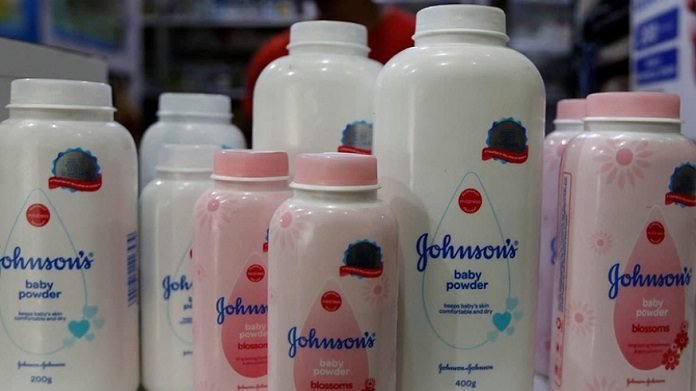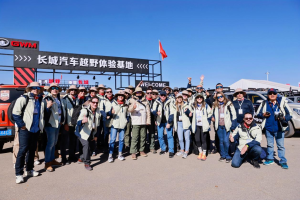Authorities in neighboring Rwanda have recalled Johnson’s baby powder from the market and told the public to stop its use, amid concerns that its ingredients contain cancer-causing asbestos.
The Rwandan Food and Drug Authority in a statement last weekend, banned the importation, retailing and distribution of the baby powder with immediate effect, citing reports that some ingredients in the powder, particularly talcum, was tainted with carcinogenic asbestos.

Other countries including India, the United States and the European Union which have taken steps to limit or stop the use of Johnson Baby Powder.
In the Statement released Saturday, June 18, Rwandan FDA cited a letter from Johnson & Johnson, the manufacturer of Johnson’s baby powder, dated June 16, 2023, in which the company revealed its global decision to discontinue the production and distribution of talcum-based baby powder, shifting instead to a portfolio of cornstarch-based alternatives.
“Given these circumstances, the Rwanda FDA has implemented precautionary measures by recalling the talcum-based Johnson’s baby powder from the Rwandan market, effective from the date of this recall,” the RFDA’s announced last Saturday.
“Rwanda FDA instructs all importers to provide a report to Rwanda FDA within 10 calendar days from the date of this recall, detailing the quantities imported, quantities distributed, quantities returned, and remaining stock of talcum-based Johnson’s baby powder,” the statement further mentioned.
Recently, a human rights group in Kenya filed a lawsuit against Johnson & Johnson, claiming that the company sold the powder containing “talcum and benzene” to Kenyan consumers.

An earlier Reuters report indicated that internal documents of Johnson and Johnson Pvt. Ltd showed that its Johnson baby powder was sometimes tainted with carcinogenic asbestos, but it didn’t inform regulators or the public.
The report also showed that at least on three occasions between 1972 and 1975, J&J did not tell the US Food and Drug Administration about the lab test results, which had found asbestos in its talc.
Johnson & Johnson however, has denied these allegations, saying through its spokesperson studies conducted on more than 100,000 men and women show that the talc doesn’t cause cancer or any asbestos-related disease.




